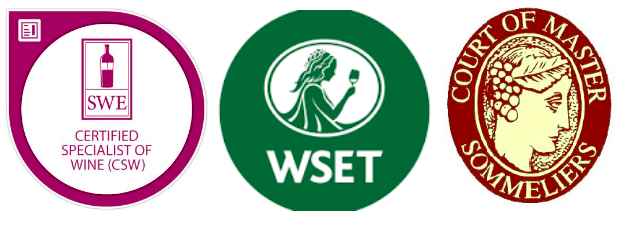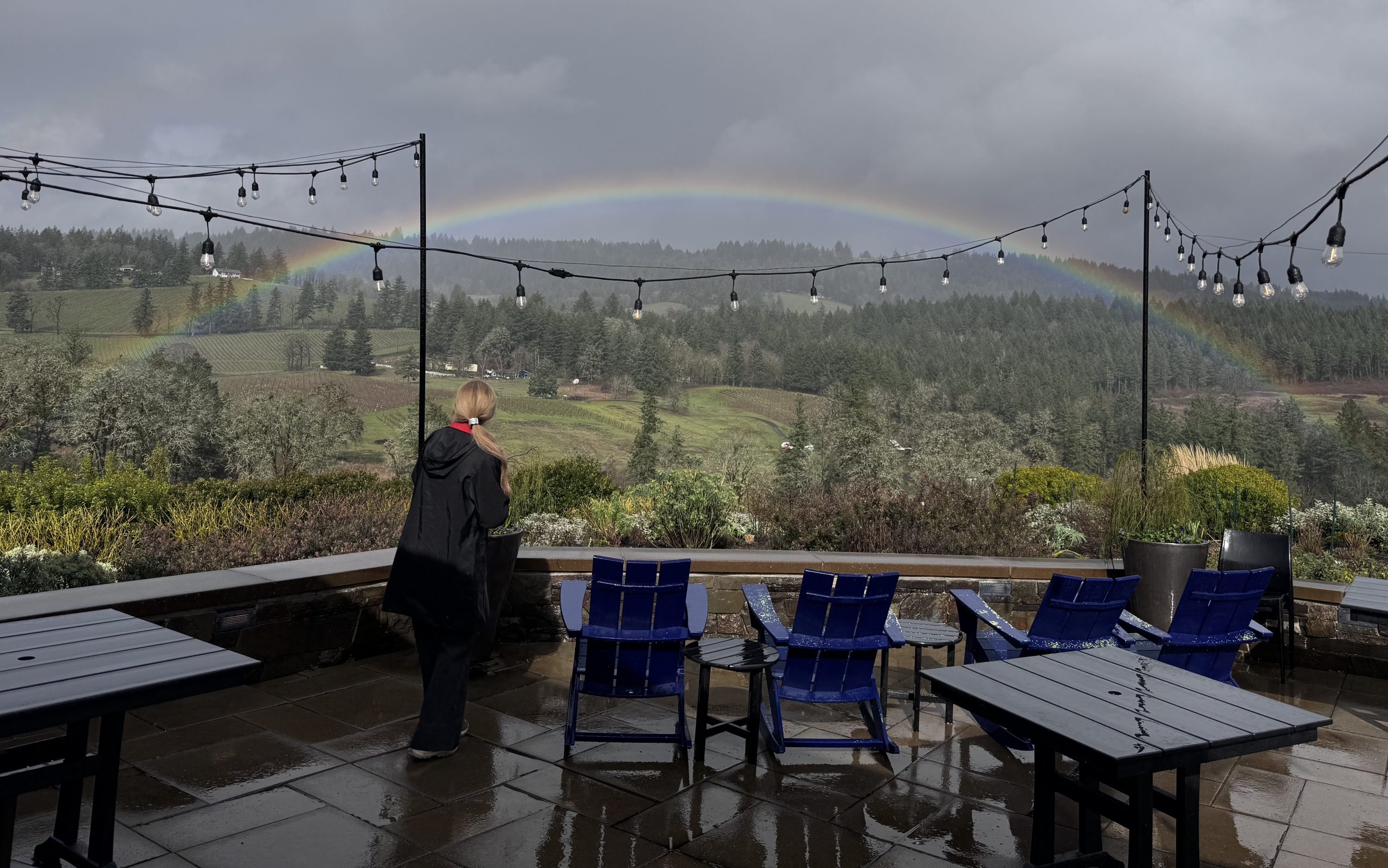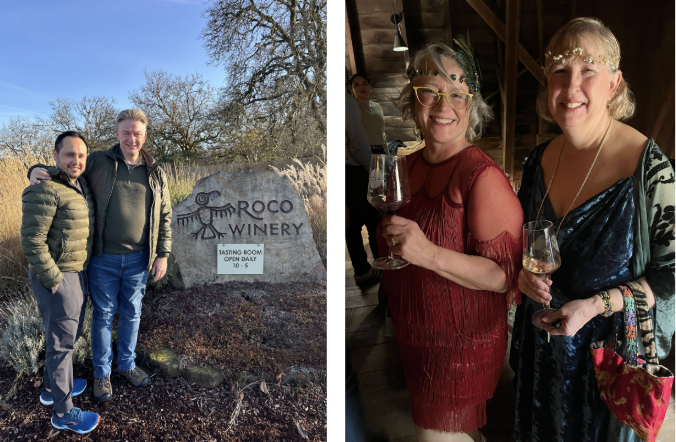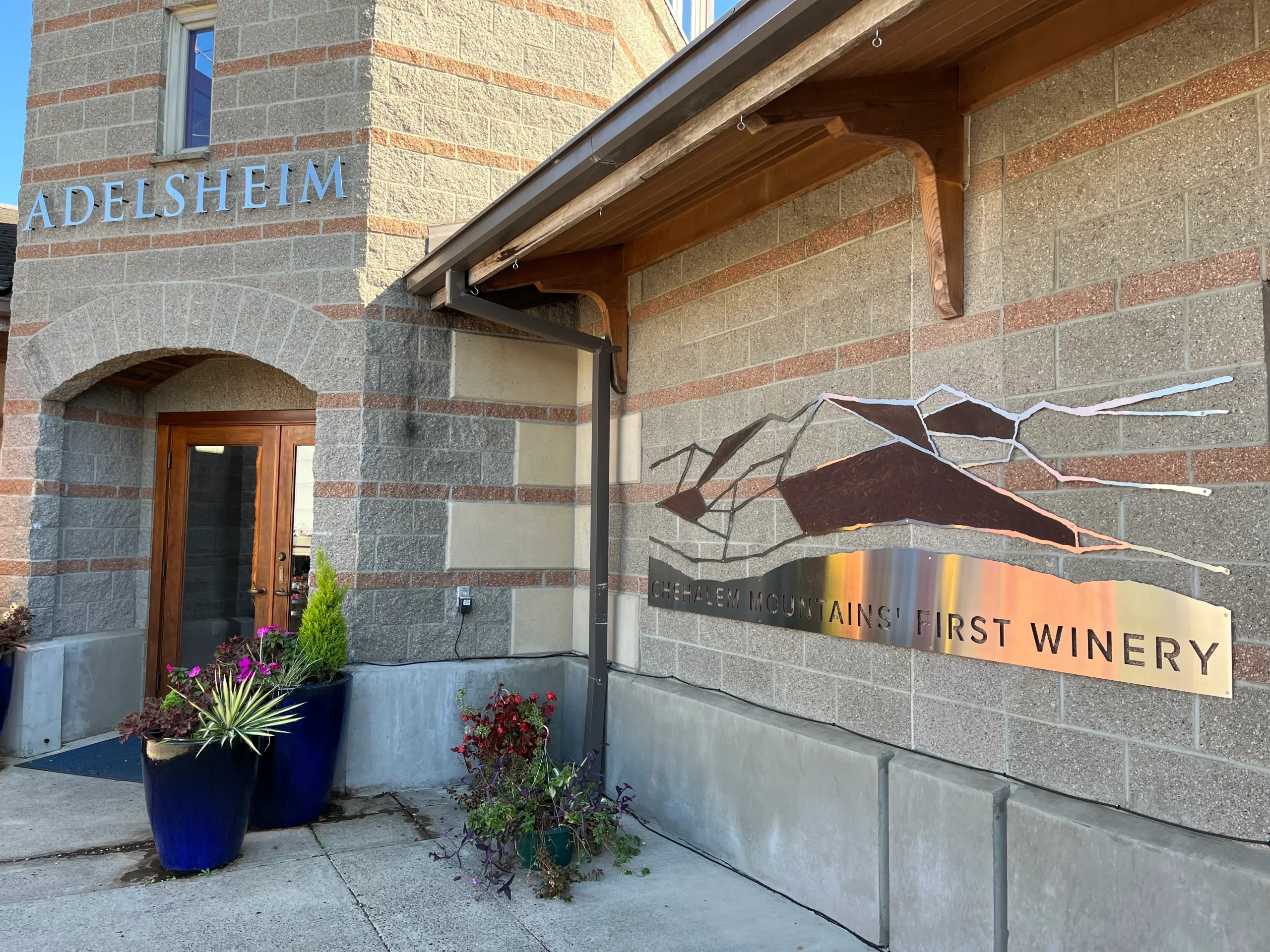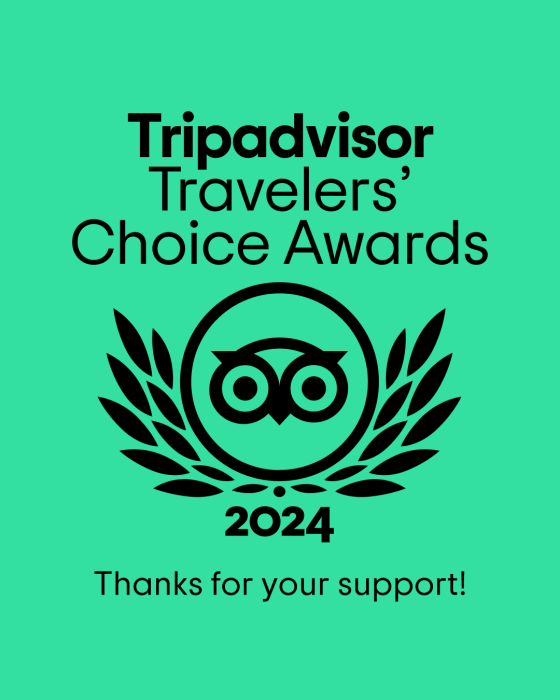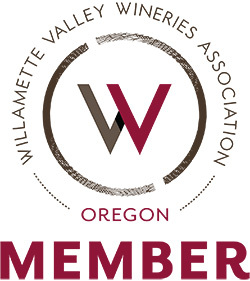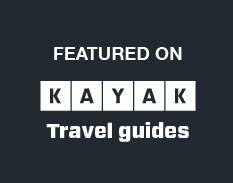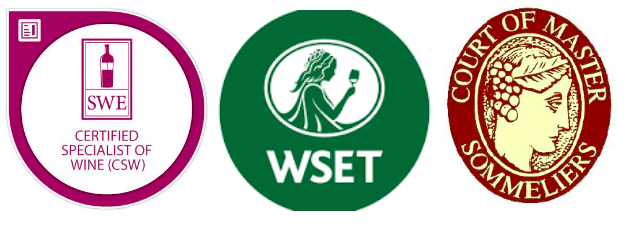
Interested in learning more about wine, including wine making, wine regions, wine grapes? Are you a wine novice? Casual wine enthusiast thirsty for knowledge? Or maybe a long time wine lover looking to formalize your education? Welcome to the world of wine certifications where you can spend a little or a lot for bragging rights or qualifications for a career change. Since I came to Triangle Wine Country Tours with a passion for wine but without wine work experience, working for a certification gave me the background I needed to speak knowledgeably with wineries and guests from the start.

